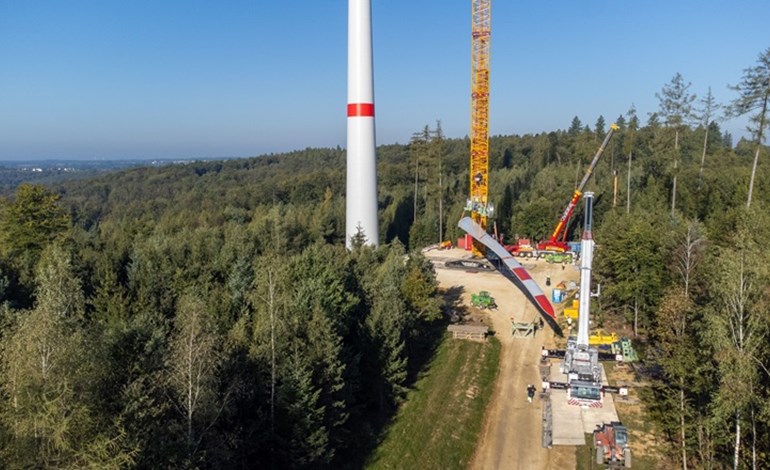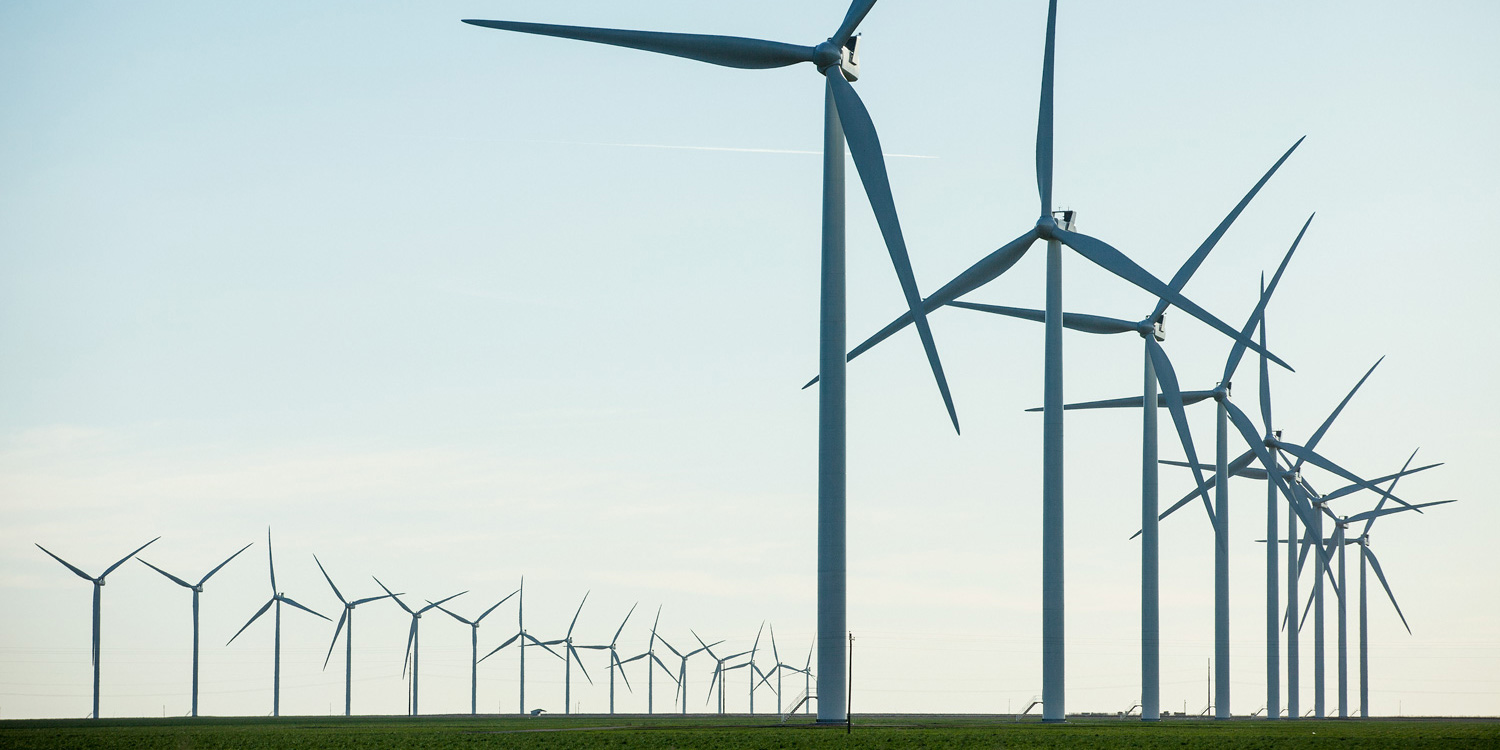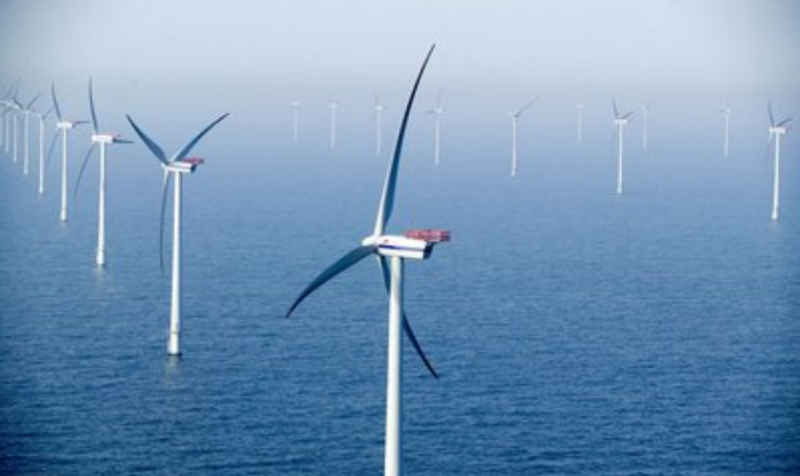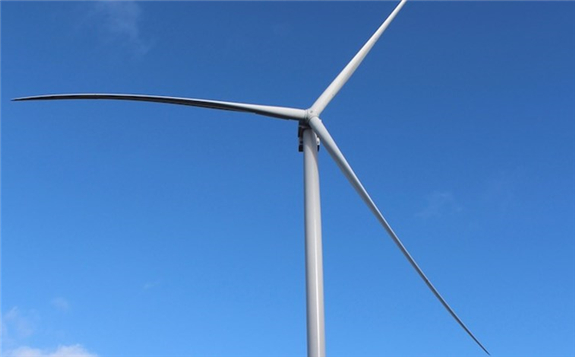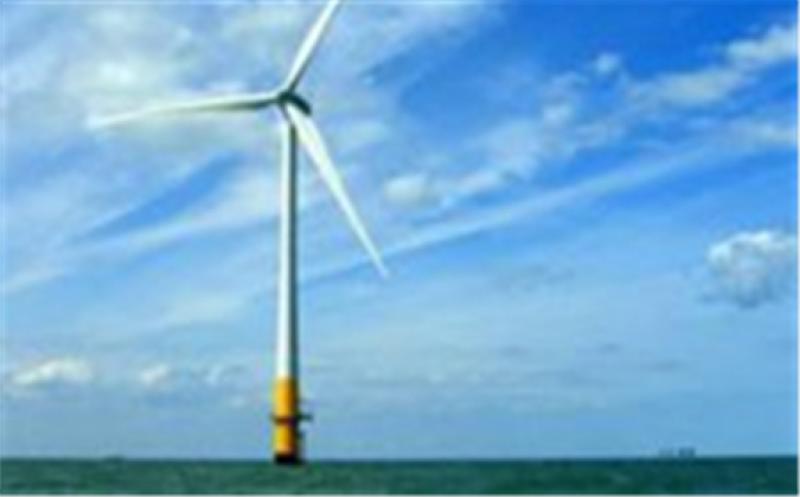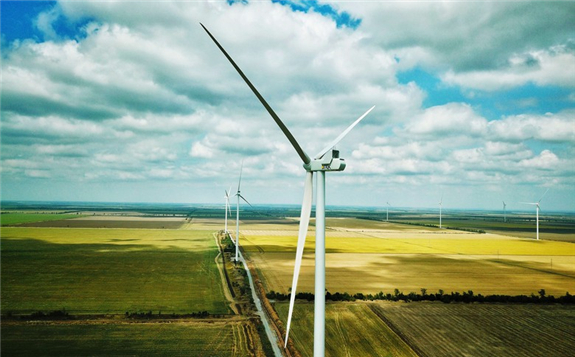A ceremony was held in China to mark the start of construction of power units 7 and 8 of Tianwan NPP and power units 3 and 4 of Xudapu NPP.
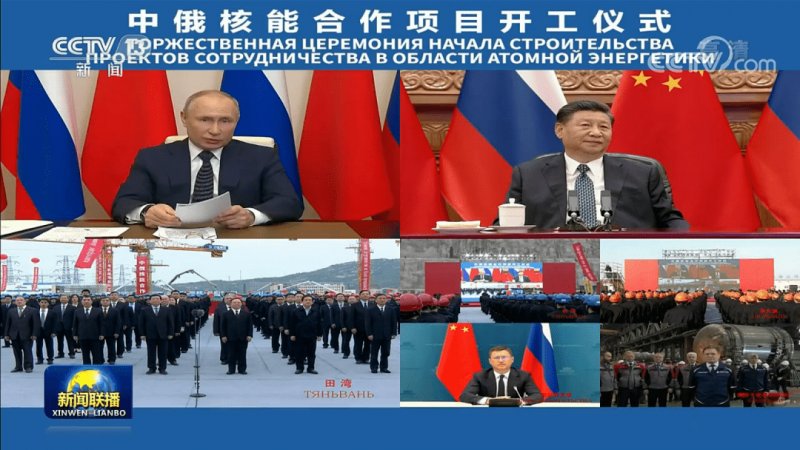
Russia’s President Vladimir Putin and China’s President Xi Jinping took part in the event by teleconference.
Rosatom Director General Alexey Likhachev said: “The [already built] power units of Tianwan NPP are now reliably [working for] the benefit of the Chinese people and making a significant contribution to ensuring China’s energy security. So far, the units, which were built with Russia’s participation, have already produced more than 270 billion kilowatt-hours [of power].”
Power units 7 and 8 of Tianwan NPP and power units 3 and 4 of Xudapu NPP will be equipped with VVER-1200 reactors. The VVER-1200 is Rosatom’s flagship Generation III + PWR-type reactor. Currently, there are five VVER-1200-equipped power units successfully operating in Russia and beyond. Rosatom’s international order book currently comprises 35 power unit projects at various stages of implementation in 12 countries
Russia and China’s joint nuclear energy project is being implemented as part a series of strategic agreements signed in 2018. The new power units will complement China’s existing nuclear energy capacity to ensure a reliable supply of clean electricity to the country’s grid.
About Rosatom:
ROSATOM is a diversified holding that unites assets in the energy sector, the mechanical engineering industry, and the construction industry. Its objective is to develop low-carbon sources of energy, including wind energy. ROSATOM is Russia’s national leader in electricity generation (producing over 20% of the country’s total power) and ranks first in the world in terms of portfolio of foreign projects, with 35 power units at different stages of implementation in 12 countries. ROSATOM is the only company in the world that has competencies in the entire technological chain of the nuclear fuel cycle, from natural uranium mining to the final stages of a nuclear facility’s lifespan. The scope of ROSATOM’s activity also extends to scientific research, the development of the Northern Sea Route, the development of various innovative products, both nuclear and non-nuclear, and environmental projects, including the creation of eco-technology parks and a state system for handling hazardous industrial waste. ROSATOM employs over 260,000 people in more than 400 enterprises and organisations.
About the project:
Situated in the city of Lianyungang in China’s Jiangsu province, Tianwan NPP is the largest instance of Russian-Chinese economic cooperation. The first two VVER-1000 reactor-equipped power units were built by Russian specialists and have been in commercial operation since 2007. In 2010, ROSATOM and China’s Nuclear Industry Corporation signed a general contract for the construction of the next stage of the Tianwan project – power units 3 and 4. In 2018, power units 3 and 4 were successfully put into commercial operation.
In March 2019, a ceremony was held in Beijing to sign a general contract for the construction of new units (units 7 and 8) of Tianwan NPP, each with a capacity of 1200 MW. Under this project, were signed an intergovernmental agreement and a framework contract on the construction of the world’s most advanced VVER-1200 reactors (generation 3+). In accordance with the document, the Russian side will design the station’s nuclear island and supply its key equipment, as well as provide nuclear fuel for both units. The units are scheduled to be commissioned in 2026-2027.
Situated in Huludao in Liaoning province, Xudapu NPP is a new joint nuclear energy project between Russia and China. The parties signed a number of contracts in 2019, including a general contract for the construction of VVER-1200 reactor-equipped power units 3 and 4 of the Xudapu NPP, as well as a contract for the supply of nuclear fuel. According to the contracts, the Russian side will design the station’s nuclear island and supply its key equipment, as well as provide field supervision, installation supervision, and commissioning services for the supplied equipment. The units are expected to be commissioned in 2027-2028.
About VVER-1200:
The innovative VVER-1200 reactor-equipped Generation III+ power unit has a number of advantages when compared to previous generation reactors (i.e. the VVER-1000): it is 20% more powerful, the number of personnel required to operate it has decreased by 30-40%, and its lifetime has doubled to 60 years with the possibility of a 20-year extension.
The following countries have chosen to adopt this technology: Finland, Hungary, China, Bangladesh, Turkey, Belarus and others.
The VVER-1200 reactor design stands out for its increased safety and reliability, which are made possible by the
presence of two additional passive heat removal systems – one tasked with removing heat from steam generators and
the other tasked with removing heat from the containment structure – which allow the reactor to be maintained in a
stable and safe state for almost an unlimited period of time.
